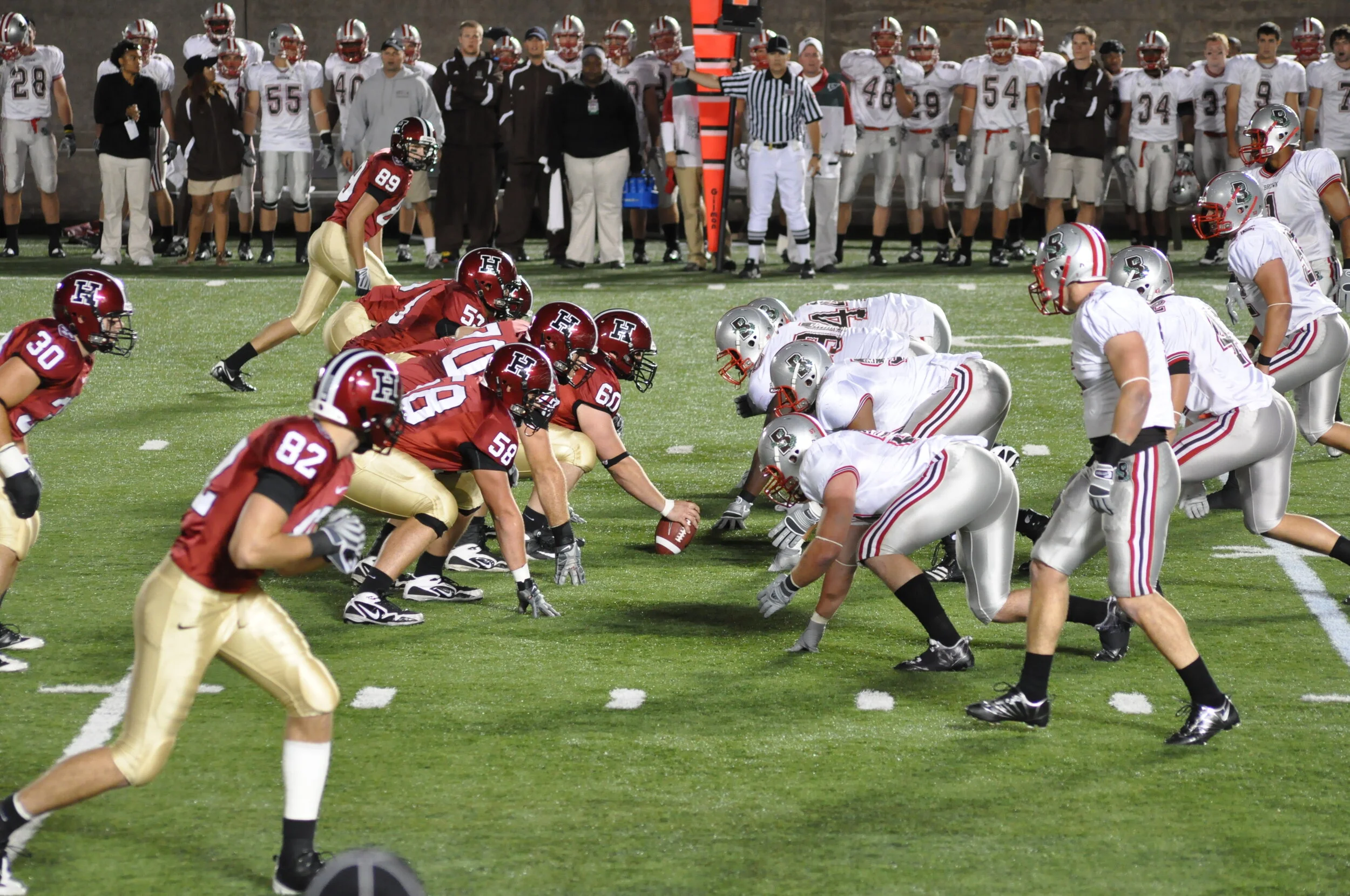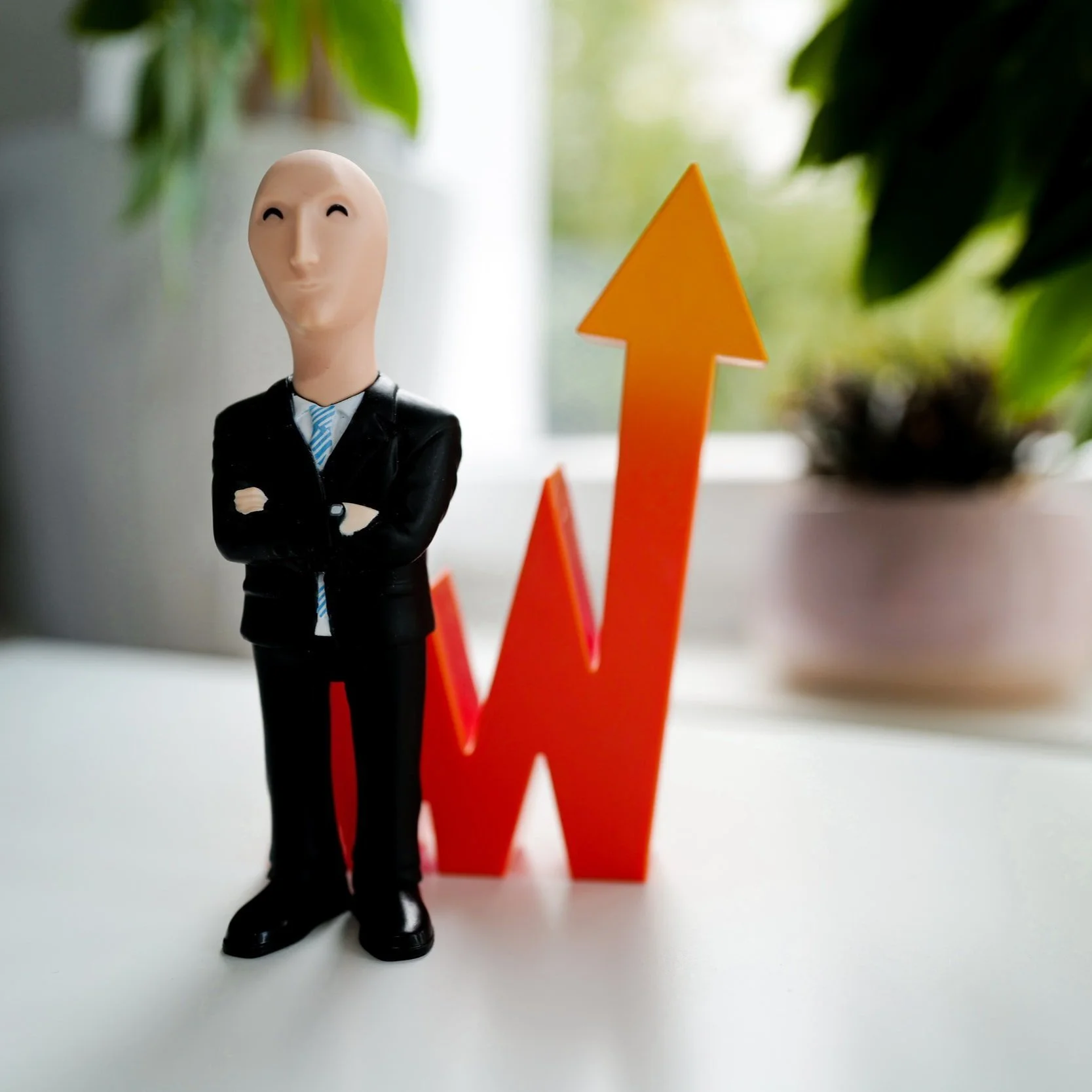Sports Bettors Have Become Traders, and Stocks Are Rising, But Can It Last?
The coronavirus pandemic and ensuing global lockdown has impacted our lives in more ways than we can imagine. Some of the effects have been quite obvious, such as the transition to online learning for students or the inability to attend large-scale events like movies or concerts. Other effects, however, have been less apparent, and are still not yet fully known. Perhaps one of the most novel pieces of fallout from the coronavirus on society within the last few weeks is the migration of gamblers and sports betters into the stock market as more conventional wagering methods remain inaccessible. With sports betting alone being a $150 billion industry in 2019, the shift of much of this money into stocks has had major effects on market behaviors. This wave of bullish sentiment from “entertainment investors” has contributed significantly to the recent rebound of stock indexes like the NASDAQ and the Dow. However, as coronavirus cases and related deaths continue to rise, the gap between stock prices from the overall health of the economy has continued to grow, leading to increased volatility within markets.
Dave Portnoy, The “Leader” of the Day Traders:
One of the most prominent figures within this surge in retail investing is Dave Portnoy, founder and CEO of pop-culture blog company Barstool Sports. A regular sports better, Portnoy has, like many of his fans, been unable to get his regular kicks while in lockdown. In response to this, the internet celebrity and entrepreneur, who has an estimated net worth of around $100 million, created his own investment group called “Davey Day Trader Global” (DDTG) and frequently hosts a live stream during market hours for his 1.5 million Twitter followers. This rise to prominence in trading circles has led the New York Times to dub Portnoy the “Captain of the Day Traders,” while Bloomberg claims he is “leading an army.” Portnoy has made it very clear to his viewers that he is no investment expert and that anything he says should not be treated as such. Nevertheless, his journey into short-term stock trading has developed a cult-like following, and although his “bets” are risky, some have had impressive payoffs. These include trading Spirit airlines for over 150% gains, as well as day-trading the bankrupt car company Herts for gains of around 130%. He has also been successful at buying up shares of the currently non-operating Norwegian Cruise lines on price dips for attractive short-term gains just days or even hours later.
Despite Portnoy’s prominence on social media and his title as an unofficial leader of the retail investing rise, his multi-million dollar portfolio is not the reality for most. Millions of first-time investors, many in their 20s and 30s, have invested just a few thousand into the markets hoping for a big payday on speculative plays, and many of these individuals have invested at least part of their government stimulus checks provided through the coronavirus economic relief bill. According to CNBC, “People earning between $35,000 and $75,000 annually increased stock trading by 90% more than the prior week after receiving their stimulus check” and “Americans earning $100,000 to $150,000 annually increased trading 82%.” These stimulus checks have further fueled the influx of retail investors, and while the individual investment amounts may be relatively small, the combined workings of new investors have had profound impacts on markets.
As Robinhood Users Surge, So Does Volatility:
While companies like E*Trade and Schwab are now offering zero-dollar commissions for stock trades, the first major investing platform to do this, and a fan favorite among young, small investors, is Robinhood. The online brokerage company has been a huge catalyst for the retail investing surge, branding themselves as the investing app of the people and making it easy for new traders to get started with small amounts. In fact, Robinhood has increased its total users by more than 30% in the past 6 months. The majority of Robinhood portfolios have less than $5,000 but despite their small individual size, the sheer number of these investors and the frequency of their trading have allowed them to have serious impacts on stock prices. Some of the most popular companies being traded over Robinhood are Ford (NYSE: F), American Airlines (NYSE: AAL), and Carnival Corp. (NYSE: CCL), all of which have experienced significantly higher levels of volatility both in their stock prices and derivative securities (e.g., implied volatility).
Online data source Robintrack illuminates the scope of increased Robinhood investing, providing graphical depictions of the correlation between how many Robinhood users own a stock and the given stock’s price. Since March 1st, the number of users on the investing platform holding Ford stock has increased by over 136%, with stocks of many other big-name companies seeing similar surges in retail investor ownership as share prices come off of their YTD lows. These investors, despite small average portfolio sizes, have also targeted tech companies with large price tags like Tesla (11th most popular Robinhood stock). The electric car manufacturer has nearly doubled its share price in the last two months, as Robinhood users holding the stock did the same. This is a stark shift from market conditions pre-coronavirus when it was largely acknowledged that large institutions were the parties controlling equity markets day-to-day. In fact, Goldman Sachs’ grouping of stocks considered popular among retail investors (including Penn National Gaming, Moderna, Tesla, and Royal Caribbean) has outpaced gains of some mutual funds by over 35% since late March. Clearly, these small but mighty investors are a combined force to be reckoned with, and it appears that, at least over the short-term, share prices are being determined less on what financial fundamentals point to or what big bank estimates suggest, and more on what retail investor optimism is pointing to. The question, then, is if this optimism is realistic.
The Long-Run Implications:
While the migration of gamblers and sports betters into the stock market has had profound impacts over the last 6 months, there is little double that the phenomenon is largely temporary. While some of these new investors are sure to stick around, Portnoy and others have already admitted that they plan to give up stock trading once sports return. This is a testament to how entertainment-driven this retail investor surge really is, and, with that, how temporary it may be.
Nevertheless, within this short time frame, the bullish mob mentality among new traders has led the stock market to a historic rally, with the NASDAQ hitting all-time highs and the Dow up over 40% from its YTD lows. It is certainly true that sound financial developments have also contributed to this, such as the historic government stimulus bill passed in March, as well as the unprecedented monetary policy by the federal reserve. However, considering most institution-held shares are held on a daily basis, it is primarily these retail investors driving stocks to historic trading volumes on bullish sentiment, translating to a near-complete reversal of the market’s direction from its March lows and with that all-time record highs on the NASDAQ. With this rally has come the notion among professional investors that a bubble is forming in the markets and that rising stock prices have largely outpaced the reality of rising coronavirus cases and the associated effects on the global economy. This divergence seems to grow worse day by day, as more coronavirus cases are being reported now than when the markets were at their lows in March. Yet, the rally persists, and investors keep buying more.
Although it is certainly possible that the markets have factored in much of the initial pandemic hysteria and are now setting prices with future earnings in mind, it is difficult to rationalize the NASDAQ gaining nearly 4,000 points over the past 4 months as this disease continues to spread. The higher stocks rise, the more conservative investors consider the risks of a total fallout, and as these cautious investors take their money out of markets to see what plays out, the Robinhood army, emboldened by unofficial leaders like Barstool’s Dave Portnoy, gain more and more market influence. Of course, only time will tell how severe a market dip can and will be, but one thing is certainly clear: this is a speculator’s market, not for the weak of heart. From doubling money on bankrupt companies one week to losing it all the next, the stock market today has become a volatile sea of heightened risk and heightened reward. That is, it seems that the stock market has, at least for now, become just what gamblers were looking for.
Works Cited:
Alexander, Sophie, and Katherine Greifeld. “Barstool Sports’ Dave Portnoy Is Leading an Army of Day Traders.” Bloomberg.Com, 6 Dec. 2020, www.bloomberg.com/news/articles/2020-06-12/barstool-sports-dave-portnoy-is-leading-an-army-of-day-traders.
Fitzgerald, Maggie. “Many Americans Used Part of Their Coronavirus Stimulus Check to Trade Stocks.” CNBC, 22 May 2020, www.cnbc.com/2020/05/21/many-americans-used-part-of-their-coronavirus-stimulus-check-to-trade-stocks.html.
Forsyth, Randall. “Day Trading Has Replaced Sports Betting as America’s Pastime. It Can’t Support the Stock Market Forever.” Barrons.Com, 22 May 2020, www.barrons.com/articles/day-trading-has-replaced-sports-betting-as-americas-pastime-it-cant-support-the-stock-market-forever-51590174899.
Gurdus, Lizzy. “Retail Investors Are Playing the Stock Market for ‘entertainment,’ Says Behavioral Finance Pro.” CNBC, 23 June 2020, www.cnbc.com/2020/06/23/stock-market-today-rise-of-entertainment-investing.html.
https://www.nytimes.com/#publisher. “Captain of the Day Traders.” Https://Www.Nytimes.Com/#publisher, 15 June 2020, www.nytimes.com/2020/06/15/business/dealbook/dave-portnoy-markets.html.
Phillips, Matt. “Trading Sportsbooks for Brokerages, Bored Bettors Wager on Stocks.” Https://Www.Nytimes.Com/#publisher, 14 June 2020, www.nytimes.com/2020/06/14/business/sports-gamblers-stocks-virus.html.
“Robintrack.” Robintrack.Com, robintrack.net/symbol/TSLA. Accessed 14 July 2020.






